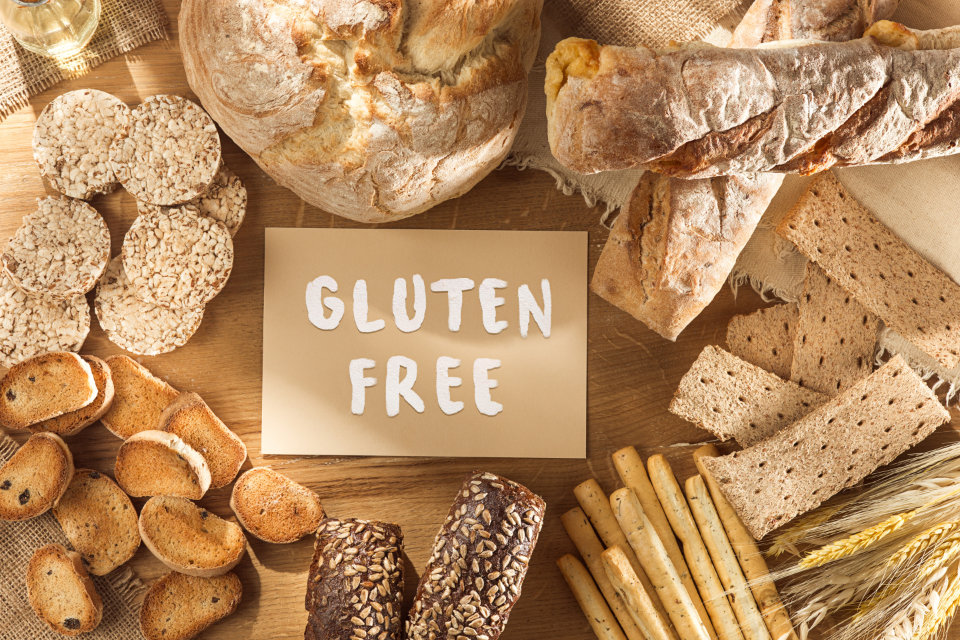In the ever-evolving world of health and wellness, Sarah always thought she was ahead of the curve. As a teenager, she diligently followed every piece of advice handed down to her, from sipping eight glasses of water daily, to believing that cracking her knuckles would lead to arthritis. She took these health ‘facts’ as gospel.
However, as she grew older and began to delve deeper into scientific research, she was astounded by how many of these ‘truths’ were nothing more than deeply ingrained health myths.
Like Sarah, many of us have been conditioned to believe certain health-related narratives without question. But in this rapidly advancing world of medical science, it’s essential to discern fact from fiction. Some of the advice that has been around for generations might be sound, while others are outdated and have been debunked by recent studies.
In this article, we’ll sift through the noise to address 11 widespread health myths, laying them to rest with concrete evidence and insights from health experts. Prepare to have some of your long-held beliefs shattered!
Table of Contents
Health Myth #1: Eating Fat Makes You Fat
For years, fat was demonised, leading to a surge of low-fat products on supermarket shelves. However, not all fats are created equal. Healthy fats, like those found in avocados, nuts, and olive oil, are essential for brain health and can even aid in weight loss.
A study in the American Journal of Clinical Nutrition found that a Mediterranean diet, rich in healthy fats, was more effective for weight loss than a low-fat diet.
Health Myth #2: Skipping Meals Helps You Lose Weight
While it might seem logical that eating less would result in weight loss, skipping meals can backfire. Regular meals maintain blood sugar levels and keep metabolism active.
A study published in the EXCLI Journal showed that irregular eating patterns could lead to weight gain, insulin resistance, and other health issues.
Health Myth #3: All Calories Are Created Equal
It’s time to dispel this health myth for good. The source of your calories matters immensely. 100 calories from a sugary drink won’t have the same effect on your body as 100 calories from almonds.
Research from the Harvard School of Public Health suggests that the quality of food can influence weight gain.
Health Myth #4: “Gluten-Free” Equals Healthy
With a rise in gluten-free products, many assume “gluten-free” means “healthier.” In reality, gluten is a protein found in wheat, barley, and rye, and is harmful only to those with celiac disease or gluten sensitivity.
A review in Gastroenterology & Hepatology stressed that gluten-free diets could lack essential nutrients if not carefully planned.

Photo Credit: 123RF
Health Myth #5: More Exercise = More Weight Loss
Exercising is beneficial for mental and physical health, but it’s not the sole answer to weight loss. Dietary habits play a crucial role. Over-exercising can also lead to injuries and burnout.
The Journal of Exercise Science & Fitness reported that diet has a more significant impact on obesity than physical activity.
Health Myth #6: You Should Always Detox Your Body
Detox diets have gained popularity, but our bodies naturally detoxify through the liver and kidneys. Many detox plans are not scientifically backed and can be harmful.
A report from the National Center for Complementary and Integrative Health warned against the potential risks of detox regimens.
Health Myth #7: Microwaving Food Destroys Its Nutrients
Microwave radiation might sound scary, but it’s merely a method of heating. Most nutrients remain intact, and in some cases, microwaving might preserve more nutrients compared to boiling.
The Journal of Food Science highlighted that microwaving could be one of the best methods to retain the antioxidant activity in certain vegetables.
Health Myth #8: Drinking Eight Glasses of Water a Day is Mandatory
While hydration is vital, there’s no universal “right” amount of water. Water needs vary based on age, weight, activity level, and more.
The National Academies of Sciences, Engineering, and Medicine suggests an average daily water intake (from all beverages and foods) of about 3.7 litres for men and 2.7 litres for women.
Health Myth #9: Cracking Your Knuckles Leads to Arthritis
The sound might be unsettling for some, but there’s good news: cracking knuckles doesn’t cause arthritis.
A study in the Journal of the American Board of Family Medicine found no correlation between knuckle cracking and hand osteoarthritis.
Health Myth #10: Brown Sugar is Healthier Than White Sugar
While brown sugar contains molasses, making it slightly different in taste and moisture content, it’s not significantly healthier. Both are sucrose and should be consumed in moderation.
The American Heart Association emphasises the importance of limiting added sugars in the diet.
Health Myth #11: It’s Necessary to Get 8 Hours of Sleep
Sleep is undeniably crucial, but the “8-hour rule” is not one-size-fits-all. Some may thrive on seven, while others need nine.
The National Sleep Foundation recommends 7 hours for adults but suggests paying attention to individual needs.
Time to Lay These Health Myths to Rest
Health myths can be persistent, but it’s essential to discern fact from fiction. Always seek evidence-based information, and don’t be swayed by every health trend.
After all, when it comes to your health, wouldn’t you want your decisions to be informed by facts rather than myths?
Is it true that you shouldn’t swim right after eating?
This is a common health myth. While it’s a good idea to avoid intense swimming right after a large meal, a casual swim is generally safe.
Does sitting too close to the TV damage your eyesight?
No, sitting close to the TV won’t damage your vision. However, it might cause eye strain. It’s always a good idea to sit at a comfortable distance.
Can you get sick from going outside with wet hair in cold weather?
Wet hair doesn’t cause illness. Viruses do. However, staying wet in cold weather can lower your body temperature, so it’s best to dry off before heading out.
Does eating chocolate cause acne?
Direct evidence linking chocolate to acne is weak. Acne is mainly influenced by hormones, but a diet high in sugar and fat can potentially influence its severity.
Can reading in dim light ruin your eyesight?
Reading in dim light can cause eye strain, but it doesn’t damage your eyesight permanently.





